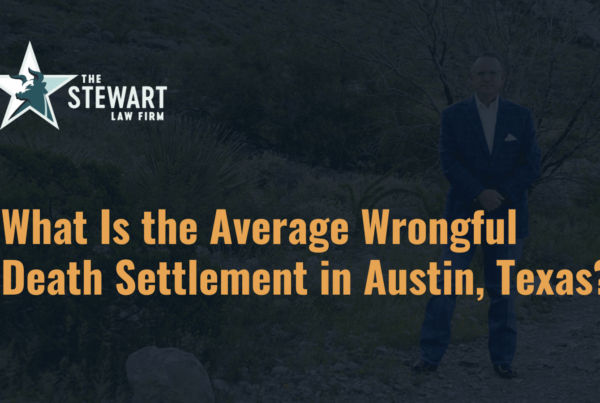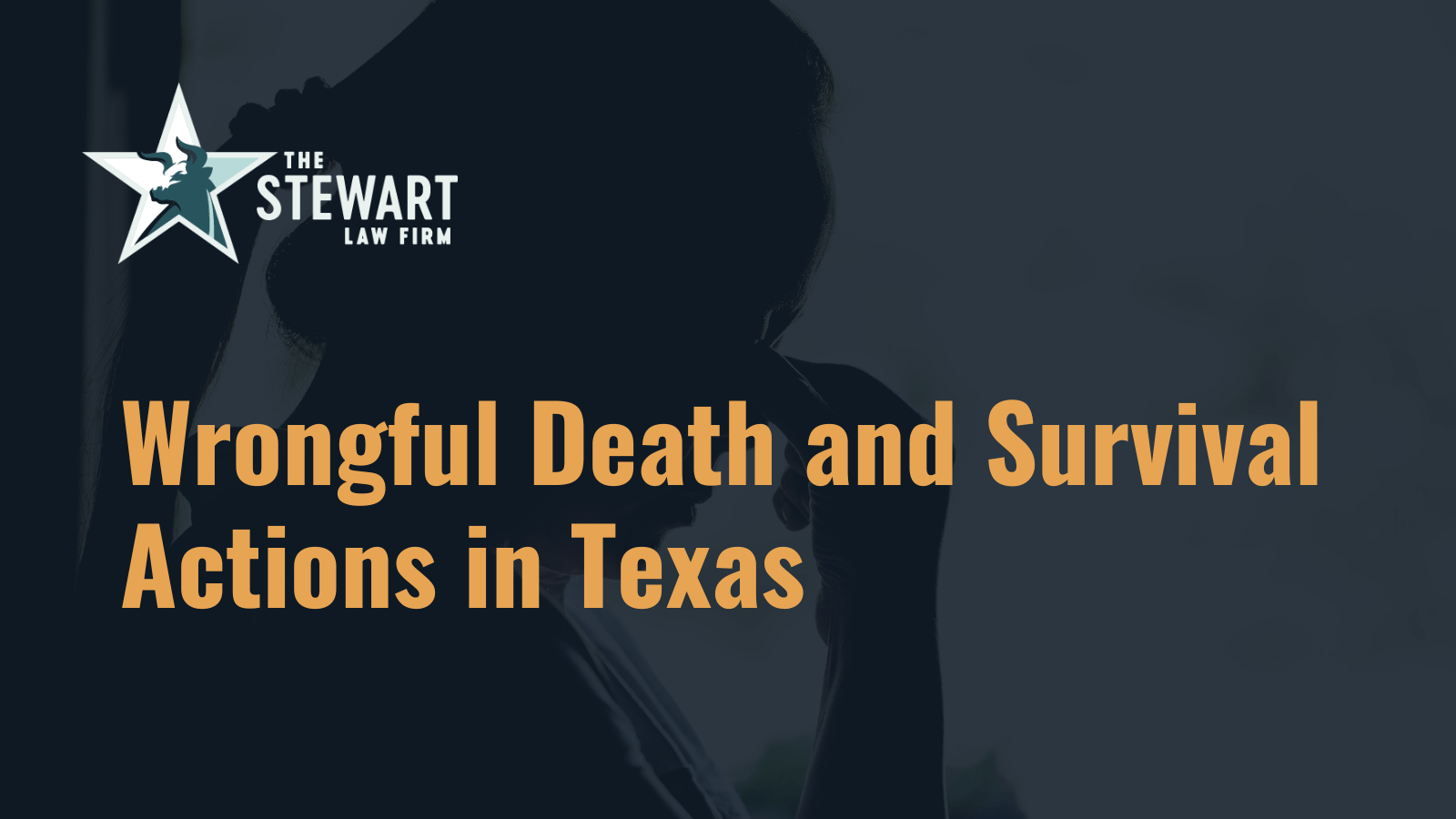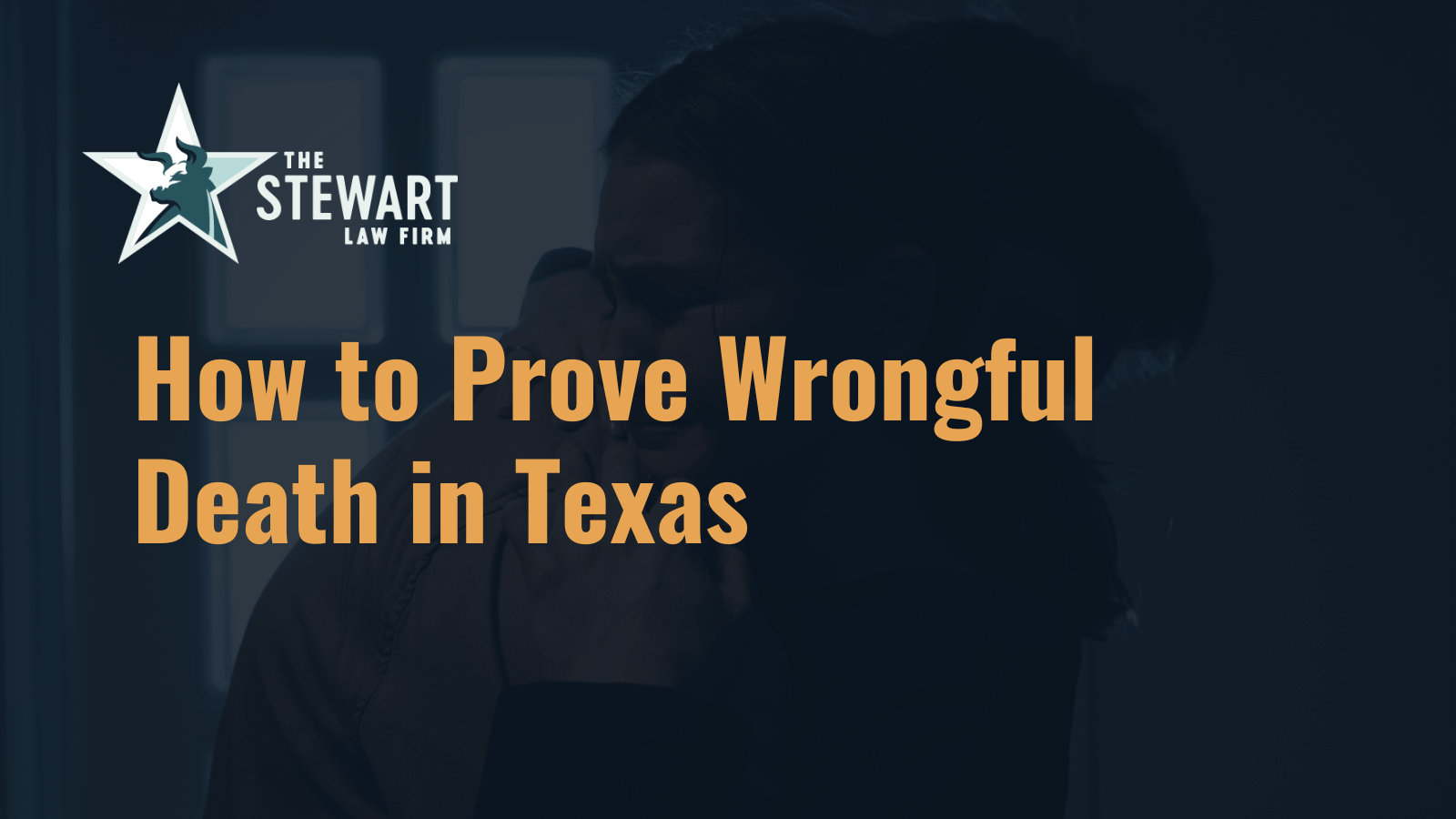When you have children, they become your everything. You spend your whole life fighting to protect them and keep them safe.
If something bad happens to them, it feels like the end of the world. But what can feel even worse is when something bad happens to them that could have been prevented — a drunk driving crash, a furniture malfunction, a children’s splash pad contaminated with deadly amoeba.
While rare, this brain-eating amoeba is called Naegleria fowleri and has taken the lives of almost 150 young people since the 1960s. Tragically, one victim died just last month nearby in Arlington, Texas. The family of the 3-year old whose life was taken has filed a wrongful death lawsuit against the city.
Our team at The Stewart Law Firm is heartbroken for this family and the loss of their precious son. That’s why Stephen Stewart joined the legal team working with the family to sue the city of Arlington.
Read on to learn more about this case, the dangers of this fatal bacteria, and what people across the country are doing to make sure no one else loses a child in this way.
Bakari Williams’ Tragic Story
Bakari Williams was a sweet, energetic three year-old boy enjoying the summer with his family in Arlington, Texas. A few days after visiting a city splash pad, however, Bakari began to feel feverish. His parents said he wasn’t interested in playing or even getting out of bed.
A few days later, on September 11, 2021, Bakari passed away at a Texas hospital.
Bakari’s parents, who lost another child to sudden infant death syndrome (SIDS) a few years earlier, were absolutely destroyed, and could not understand what happened. The hospital detected signs of the Naegleria fowleri infection and, from there, water samples sent to the Center for Disease Control confirmed the splash pad was the source of the infection.
The Mayor of Arlington has admitted that the splash pads (now closed throughout the city) had maintenance issues. The city also said employees did not always record or conduct the required daily water quality testing at a few locations.
The inconsistency of the logs caused chlorine levels to be below the required number — which increases the risk of brain-eating amoeba contamination.
The Stewart Law Firm Joins the Fight
Bakari’s parents, Kayla Mitchell and Tariq Williams, have filed a lawsuit against the city of Arlington for wrongful death.
They’ve hired Stephen Stewart and Brian Hargrove to help them achieve justice for Bakari and ensure this type of tragedy does not happen to other children and their families in the future. The suit accuses the city of failing to maintain basic maintenance and to adequately treat the water supply. They are asking for more than $1 million in damages.
“It’s about saving kids’ lives,” Stephen Stewart said at a press conference with Bakari’s parents. “We don’t want another innocent child to die from a brain-eating amoeba … A little chlorine and this child would be here today.”
“When you have public amusements like the splash pad you just have to step up and do what is mandated by the state of Texas. And they didn’t do it,” Stephen said. “The parents of Bakari do not want another innocent child to face the demise that Bakari did.”
How common is the brain-eating amoeba?
Naegleria fowleri is not a very common bacteria, with only 150 cases since the 1960s. However, primary amebic meningoencephalitis (PAM), the disease caused by a Naegleria fowleri infection, has been fatal in more than 95% of known U.S. cases.
Most instances of Naegleria fowleri infection occur during the summer months, when people spend their time partaking in water-based activities.
According to the CDC, the parasite typically lives in warm freshwater, like lakes and rivers, but can occur in swimming pool water that doesn’t have enough chlorine or contaminated tap water. It grows best at higher temperatures above 80 degrees Fahrenheit. The amoeba travels to the brain, causing PAM, when it is ingested through the nose (not swallowed).
Young people typically start to show symptoms within nine days of infection, but tragically, the parasite has often already developed too much for there to be much of a chance to fight it.
How to prevent Naegleria fowleri infections
The family of an 11 year-old whose life was also claimed by PAM in 2010 created the Kyle Lewis Amoeba Awareness Foundation after his death to raise awareness about the deadly disease and ways for parents to protect themselves and their children from it.
The site posts the stories of other young people who have fallen victim to this disease, as well as articles about ways to prevent infection and other news.
For example, in 2016, Cook Children’s Hospital in Fort Worth became the first hospital to house a life-saving investigational drug called miltefosine (trade name, Impavido) that works to fight PAM. The drug was administered successfully to a 12-year old diagnosed with PAM in 2013.
Even more recently, a 16 year old in Florida survived his Naegleria fowleri infection in 2016, becoming the fourth person to ever survive this type of infection thanks to a quick use of miltefosine.
Doctors recommend using caution when swimming in warm freshwater — especially stagnant water. They also suggest limiting the amount of water going up the nose by keeping your head above water or wearing nose plugs.
Contact The Stephen Stewart Law Firm
Losing a child is a tragedy in any circumstance, but it’s particularly heartbreaking when someone is at fault for this horrible loss. If you’ve lost someone and are looking to file a wrongful death suit, we have a compassionate and experienced team at The Stewart Law Firm that is ready to help. Contact us today to speak with one of our legal professionals during a complimentary consultation.





